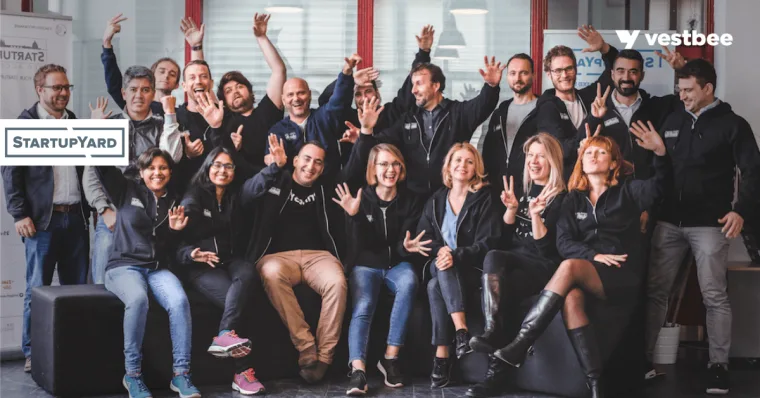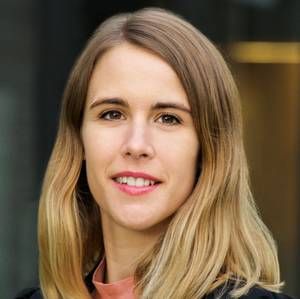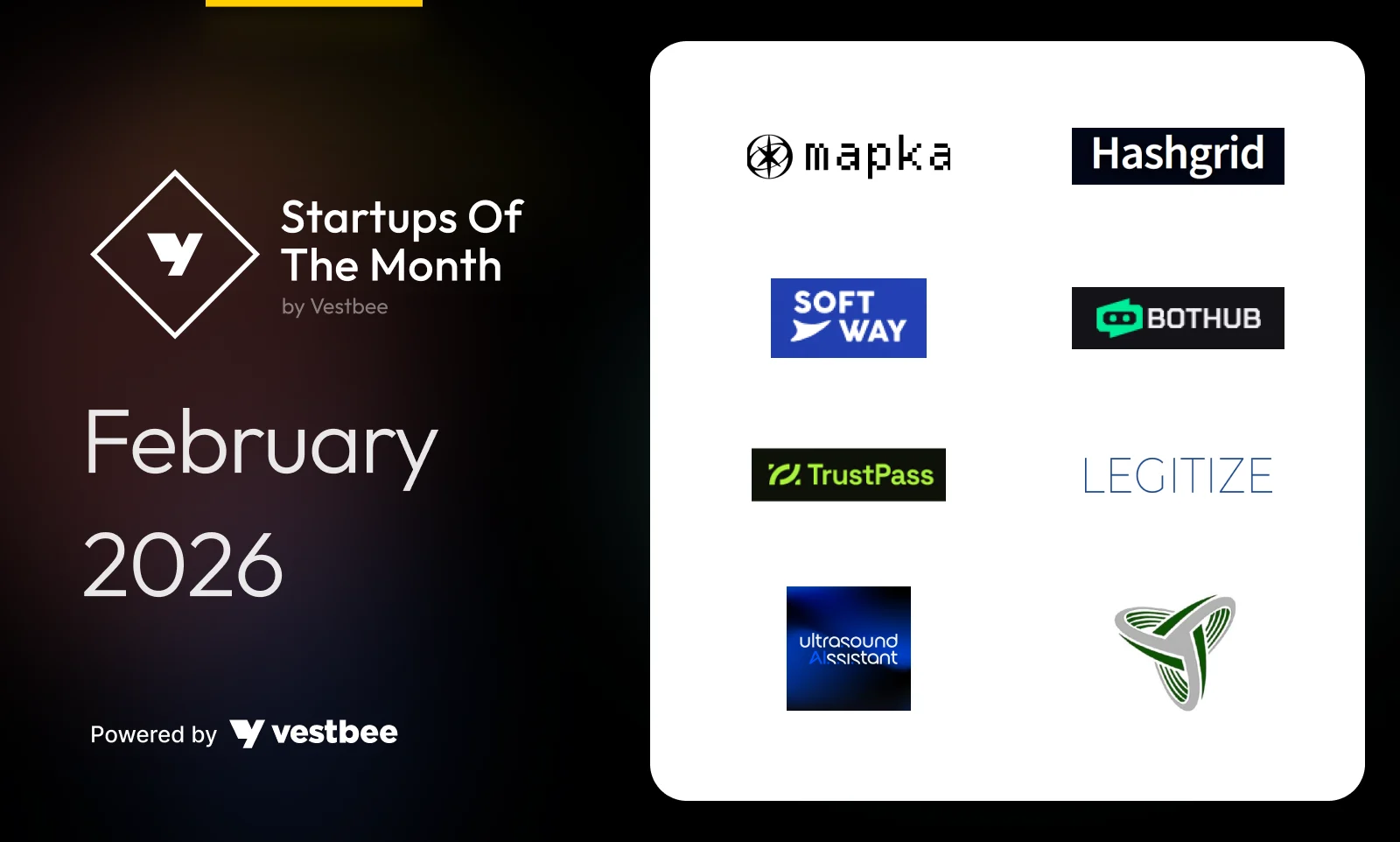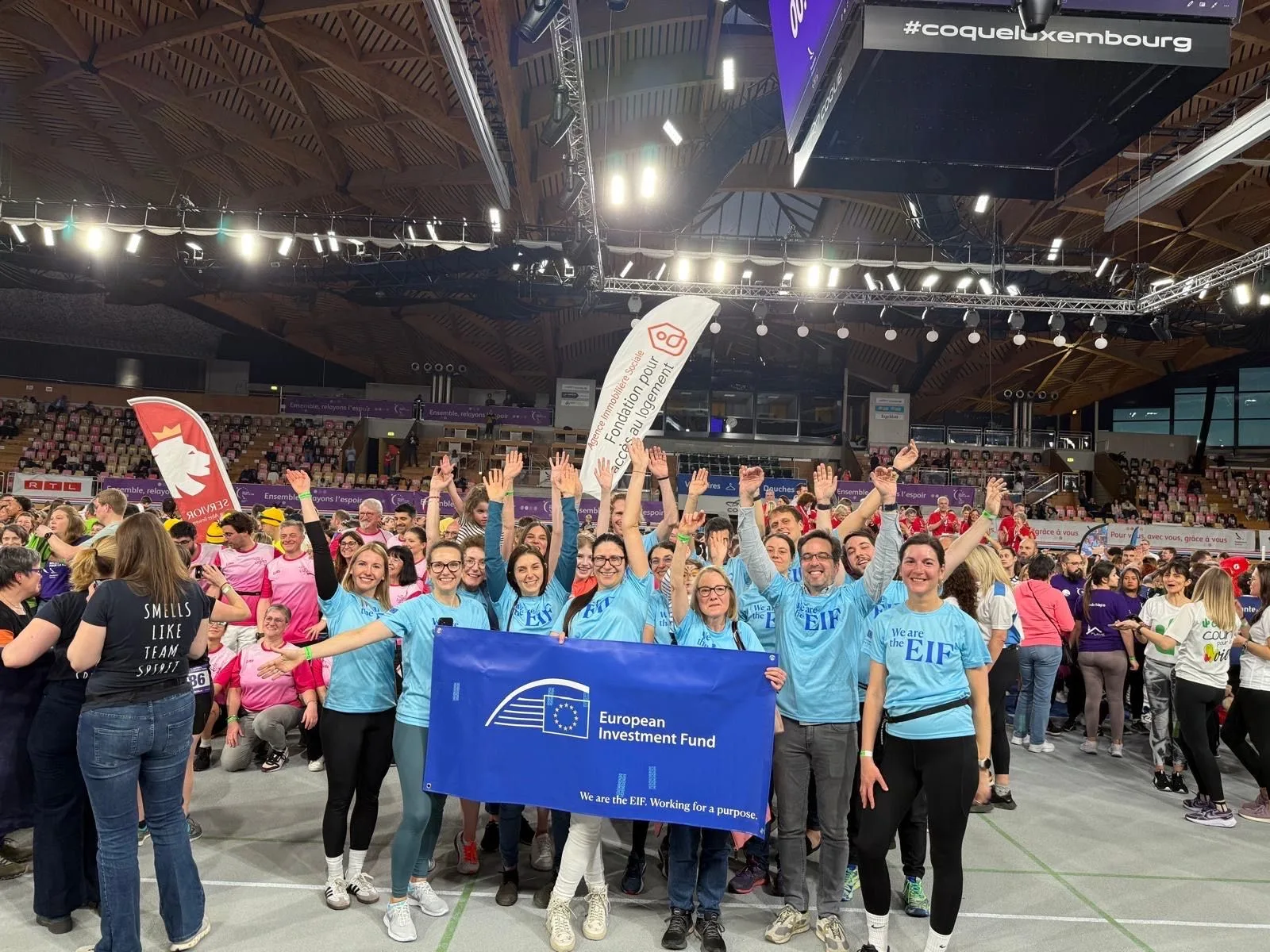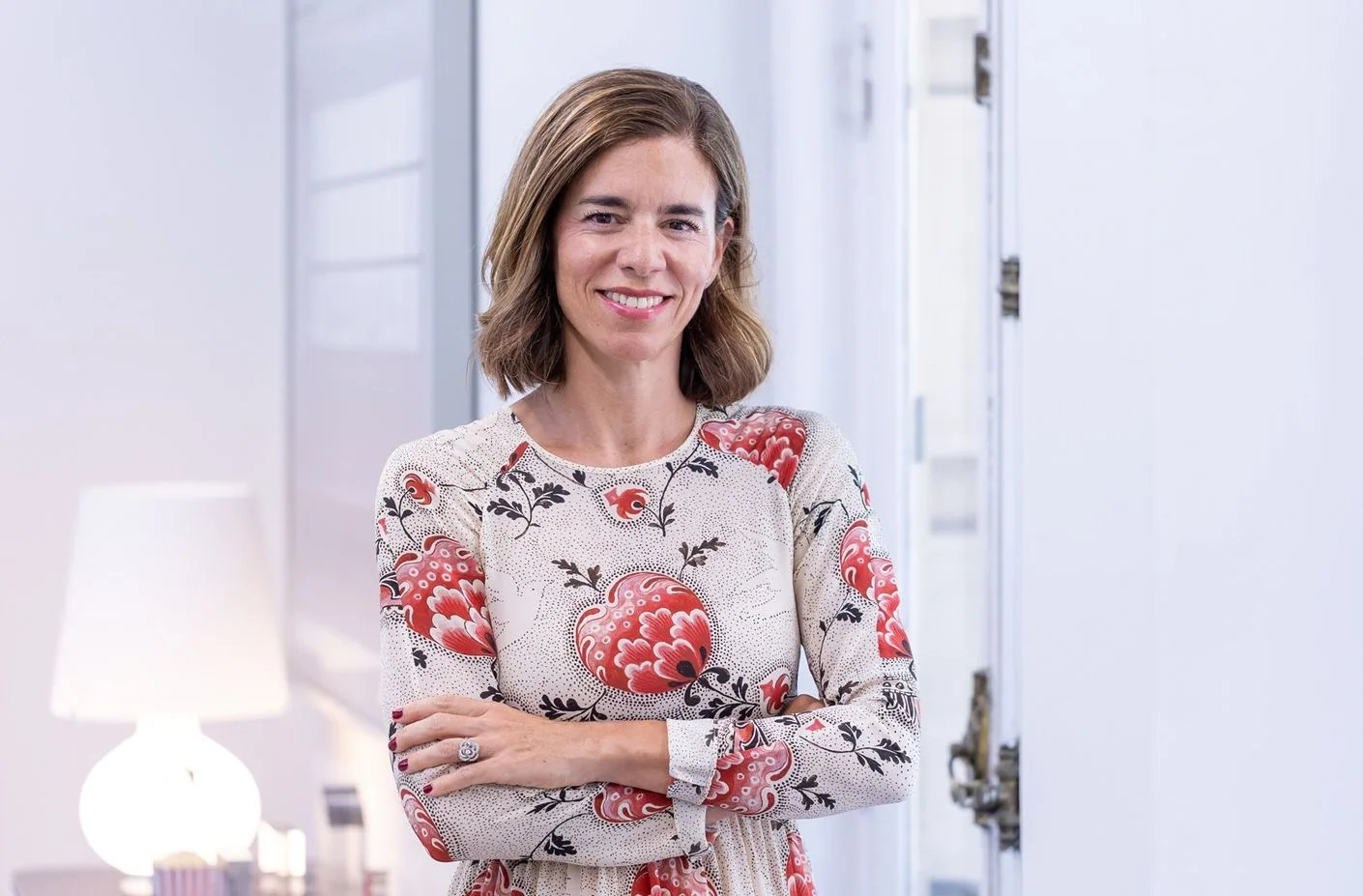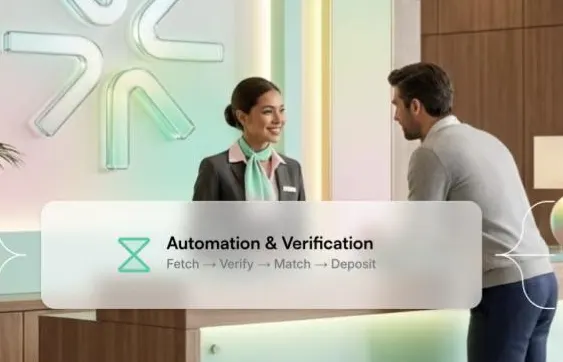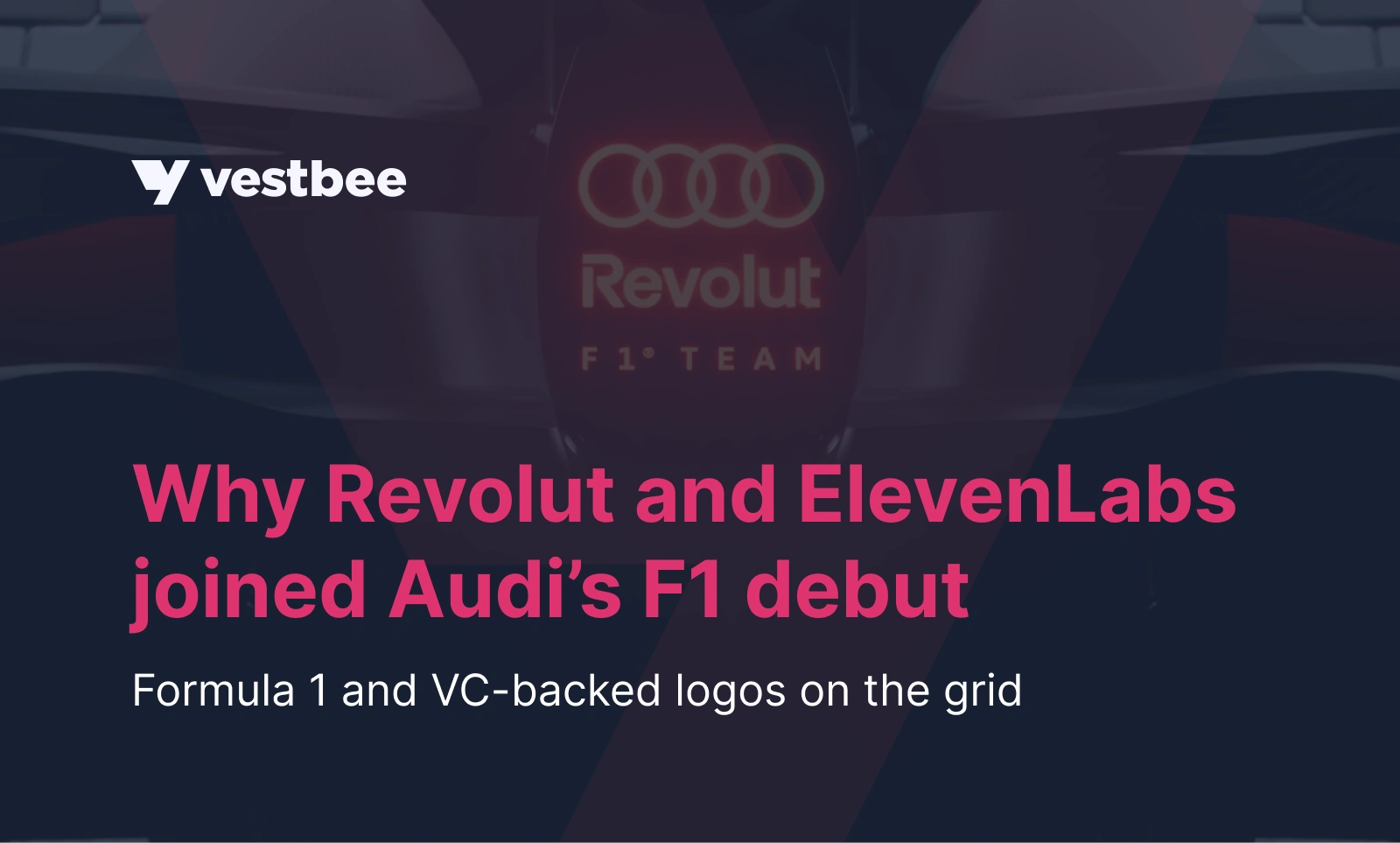Prague-based StartupYard is the longest-running private tech accelerator in CEE. Starting in 2011 it accelerated over 80 startups from 18 different countries so far. They already have 8 exits and till now, the startups have collectively raised more than €35M. Over 52% of the portfolio companies are still active after 9 years. As a member of GAN (Global Accelerator Network), its management team is made of tech entrepreneurs and investors.
Accelerator Strategy Overview
STARTUPS ELIGIBLE FOR ACCELERATION PROGRAM
Geography: CEE mostly
Preferred industries: Deep-Tech
Company stage: idea (pre-seed), launch (seed)
Product stage: concept, demo, MVP/beta, ready product
Product type: B2B, B2C, B2B2C, B2D, B2G,
Revenues: Typically yes, but we make exceptions
PROGRAM DETAILS
Duration: 3 months for physical batches but now due to COVID we have an ongoing remote program
Participation fee: No
Equity Investment: Yes (about 5%)
Grant: No
No of batches per year: 1
No of startups in a cohort: Up to 10
Q&A with Cedric Maloux, CEO
What are the 5 most important things you look for in a startup applying to your acceleration program?
The first thing we look at is the problem the startup is trying to solve. How complicated is it? Who, specifically, is affected by it? How many people have this problem? And finally - is it a problem worth solving? Then we consider a startup's solution by evaluating its uniqueness, defensibility and barriers to entry. The last area we take into account is founders - we rely very much on their ability to build and scale the company. We need to be sure that they have the right soft and hard skills, even if they are not fully developed yet. Part of our job is to grow the founders as well as the whole business. Startups that we ‘take under our wings’ are usually tech-focused, with no experience in sales or business. Our mission is to make the startup team feel confident and comfortable in all these areas.
What startups should take into account before applying to your acceleration program?
We focus on Deep-Tech startups. However, we receive a fair amount of applications which do not fit that focus. We have a lot of successes in artificial intelligence, natural language processing, cryptography, cyber-security, data analytics, etc. But if a startup is only a marketplace without any real advanced technology making it unique, we won’t even consider it.
Apart from that, there are no other criteria for us. We’re interested in companies from all over the world and so far have invested in startups from 18 different countries over the course of 10 years.
Can you share some of the red flags that can disqualify a startup from joining your accelerator?
We have a few red flags. The first one is so called the founders’ know-it-all attitude. As an accelerator, we are constantly being challenged and asked to review and reconsider some of the initial assumptions or already made decisions. Startups need to be able to listen and change the way they are dealing with some issues. During the interview, we can easily detect people who seem to not be here to genuinely learn and improve, but are motivated merely by the financial side of what we are providing.
Another red flag for us is a lack of tech-based founders in the team. As mentioned before, our focus is on technology, hence we need to see someone who’s able to carry all the technical aspects of the business.
Finally, the last red flag simply appears if we say “no” to the following questions:
Can we put this person in front of the CEO of a large corporation? Can we put this person in front of a major VC in Europe? Afterall our founders are a reflection of what we do and how we do it.
What are the most valuable skills that selected startups can develop thanks to your program?
Our team has profound knowledge from business and financial planning. This is something we really focus on to ensure the plan is viable and presentable to an investor. We see so many financial projections from a variety of companies, however very few are based on solid research. That is why financial management is an important part of our program. Also since our founders are usually technical people, we are improving their skills in B2B sales and marketing. We run workshops on these topics with actionable items for their improvement and provide mentors who specify in sales and marketing. Putting emphasis on this is crucial, because the founders are considered the first salespeople of their startup. They are the ones who are going to sell the very first copy of their product. We also work on their presentation skills - that is the pitch delivery and its contents. Going back to the previous point about red flags, the founders need to be at the stage where we feel comfortable presenting them to investors and potential customers.
How does your accelerator support portfolio companies during and after the program?
During the program we are in the “Push” mode, which means that our team really focuses on the founders, giving them priorities, and solving their problems. This does not include controlling them but directing and setting a fast pace. After the program, we switch to the “Pull” mode, which means being a resource for them. They can drag us into whatever is happening at the moment. Working with us for 3 months, they know exactly where and how they can ask us for an intervention. We spend most of the time jumping from one startup to another, at the request of the founders, to look at their latest projections, new website, new wireframes, the term sheet and contracts, etc. It is about being there available for them whenever they need us. That is really the main difference between what's happening during and after the program.
What are the best-performing companies in your portfolio?
Rossum, which is a Czech AI company specialised in data extraction from structured documents like invoices. Neuron Soundware - another Czech AI company, which listens to the noise made by machines in order to detect abnormal sounds therefore abnormal physical issues with the machine. Gjirafa, the fastest-growing internet company in the Balkans is a search engine, e-commerce platform, video streaming and advertising network in the Albanian language. BudgetBakers with its two financial apps Wallet and Board, for iOS and Android. Qoobus, the Romanian logistic marketplace which we accelerated less than one year ago and SatisMeter, the specialists in users retention as a service to only name a few.
What key lessons have you learned from projects that didn’t work out the way you expected?
Of course, sometimes it turns out that it was simply a bad idea, the problem could actually not be sold better by proposed solution and so it was more of a technical failure to deliver on the promise. We got excited but the market did not. By eliminating that, ultimately it goes down to the founders’ resilience and adaptability, to their business acumen and ambition. They fail because they were not able to convince investors to invest in their company and companies to become customers. For us, this means that we didn't properly anticipate the reaction of the market.
Why, in your opinion, accelerators are becoming more popular nowadays?
Accelerators become present in a very early stage of startup’s life, so only now more and more people are starting to hear about those successful startups which were accelerated 4, 5, 6 up to 9 years ago. As a result, there's been an increase in the visibility of accelerators on the market but it doesn't explain everything. In our case, the founders truly appreciate the work we did together and recommend us to other founders, so there's a positive word of mouth. What is unique about accelerators, is that they provide a safe business environment that allows founders to make mistakes and learn along the way while massively expanding their network and their skills. An accelerator is a fantastic steppingstone for first-time founders so there are no reasons why they should not be more popular.
What are the hottest markets you currently look at as an accelerator and where do you see the biggest hype?
We don't care so much about hype but we do care about science-based ideas. Computers are becoming increasingly more advanced allowing us to solve problems and create solutions that were not possible before. We are living in exponential times and for technologists, it is a fantastic era to be alive. There is a lot of hype around AI or crypto and not all companies operating in these areas deserve the attention but some of them are really leveraging these technologies in unique ways, allowing us, as a civilisation, to make new leaps forward. That is what we care about.
Do you have any predictions about the key trends that will shape the European accelerator scene in the near future?
There are and there have been a lot of accelerators in Europe. The barrier to entry to start an accelerator is relatively low which leads to a dilution of the market where good accelerators are lost in a sea of similar offers. We have been doing this work for 10 years, so it feels like we can consider ourselves as a successful accelerator. We can expect to see some accelerators disappear in the new future - like in the Czech Republic, where in the past 10 years a couple of accelerators were popping up and popping out. Another clear trend is that virtual or hybrid programs are going to replace physical programs.
Related Posts:
Startup Accelerator Of The Month - Startup Wise Guys (by Magdalena Balcerzak, Manager, Vestbee)
VC Of The Month - Inovo Venture Partners (by Magdalena Balcerzak, Manager, Vestbee)
Top Polish Accelerators And Incubators To Help You Grow Your Startup (by Mateusz Walczyk, Startup Analyst, Vestbee)
